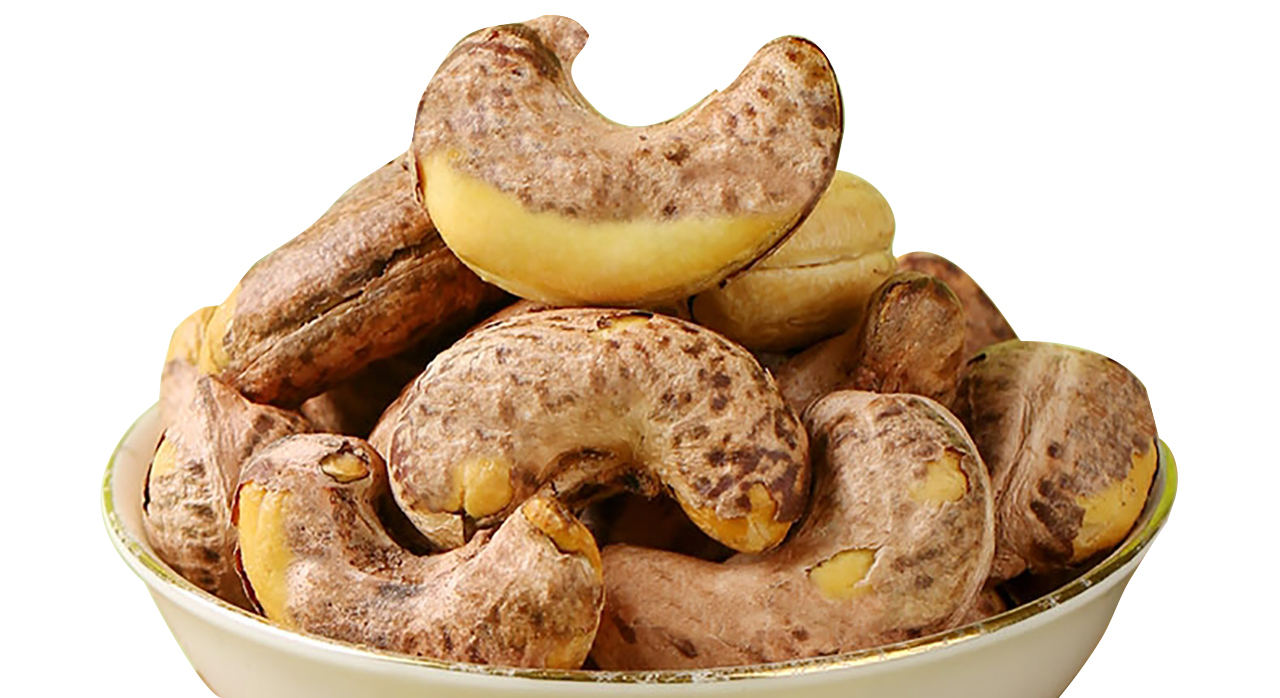
How to store cashews?
Cashew nuts resemble kidneys or waists in appearance, hence they are named cashews. Cashew nuts have high nutritional value and are precious nuts and premium ingredients. Buying too many cashews can easily cause them to absorb moisture and become soft, but they are reluctant to throw them away. What if cashews become soft after being stored for too long?
1、 How to preserve cashews
Cashew nuts are prone to decay at room temperature, and lowering the storage temperature can slow down the rate of oil oxidation. It can generally be stored for 6 months in the refrigerator, and can be stored for 1 year when frozen. Place it in the refrigerator and be careful to separate it from other foods. Place food in a space where odors mix.
There are many factors that can affect the oxidation and rancidity of the oil in cashews. Therefore, cashews should be sealed and packaged to isolate oxygen from the air, and placed in a dry, cool, and ventilated place. This can greatly reduce the rate of cashew decay and maintain good cashew quality.
3. Add some antioxidant substances such as vitamin E, vitamin C tablets, and lecithin to the cashew can, which can reduce the oxidation and deterioration of the oil in cashews and extend their shelf life and quality.
2、 Frying and heating
The excess moisture from softening cashews can be fried to make them crispy. Specific operation: Pour an appropriate amount of cooking oil into the pot, heat it slightly, and then pour in cashews. Fry slowly over low heat until the cashews turn golden brown. After frying, drain the oil and it can be consumed directly or packaged in a sealed container, preferably refrigerated.
3、 Microwave heating
The softening of cashews is mainly due to the absorption of moisture in the air, which makes them moist and soft again. Microwave heating can remove excess moisture from cashews and restore their crispy texture. Specific operation: Heat the cashew nuts in the microwave over medium heat for 2-5 minutes to dry them. Cashew nuts are best packaged in sealed and dry jars, which can be eaten as snacks or used for cooking and soup making.
